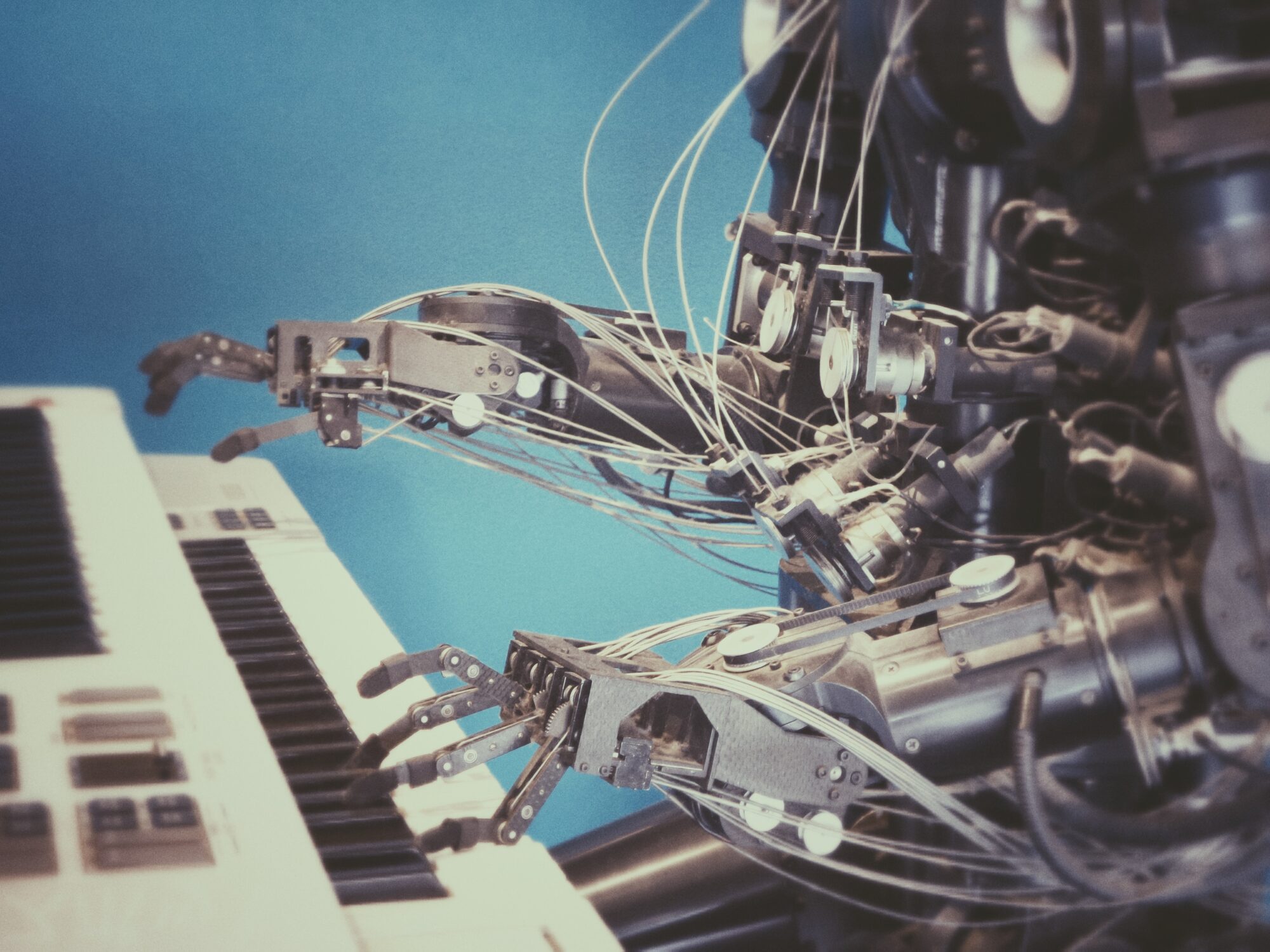
The release of the chatbot ChatGTP in November 2022 has made the once science-fiction-esque and frightening potential of artificial intelligence an everyday reality.
The tool is only a chatbot, a type of software already widely used that can produce texts in interaction with humans, usually through the internet. Most internet users have already interacted with many websites—using chatbots—to answer basic customer questions, for example.
But ChatGTP has caused a stir through its uncannily intelligent abilities. It can write poems, jokes, and intricate paragraphs so well that it is usually impossible to tell that a machine produced it.
And it is freely available.
Teachers around the world have already warned their students not to get caught using it to write essays.
In recent interviews with Forbes, Bill Gates, who has consulted for OpenAI—the company that produced Chat GTP—and Sam Altman, CEO of OpenAI, explained the significance of this development and what to expect in the future.
Gates, a software developer and a cultural icon as the founder of Microsoft, said that endowing computers with the ability to see, hear, and write is “the long-term quest of the entire industry.” He considered the release of ChatGTP a historical moment in tech development. He told Forbes:
It’s pretty stunning that what I’m seeing in AI just in the last 12 months is every bit as important as the PC, the PC with GUI [graphical user interface], or the internet. As the four most important milestones in digital technology, this ranks up there.He has been working with OpenAI as a consultant but knows of many other groups working on artificial intelligence. Google also has a similarly advanced chatbot called Bard.
Gates reiterated what many others have also warned: with AI, technology will now replace not only blue-collar workers but also a wide swath of white-collar jobs. He said:
If you take this progression, the ability to help you write and to help you read is happening now, and it will just get better. … So, okay, what does that mean in the legal world, or the processing invoices world, or in the medical world? There’s been an immense amount of playing around with [ChatGPT] to try to drive those applications. Even things as fundamental as search.
OpenAI is honest about the link between artificial intelligence and human work. On its website, it states its “mission is to ensure that artificial general intelligence (AGI)—by which we mean highly autonomous systems that outperform humans at most economically valuable work,” with the caveat that it “benefits all of humanity.”
In fact, ChatGPT is already being applied in the legal field.
A judge in Colombia used ChatGPT in ruling a case. In a written judgement, he included both the questions he asked the chatbot and the answers he received.
“Judges are not stupid, by asking questions to the application we do not stop being judges, being thinking beings,” he explained to the media of his decision to use ChatGPT.
He compared the AI application to the function of “a secretary” that “could improve response times in the judicial branch.”
But this application of ChatGPT may even be prosaic in comparison to the vision of its makers.
“I don’t think ChatGPT does [replace Search]. But I think someday, an AI system could. More than that, though, I think people are just totally missing the opportunity if you’re focused on yesterday’s news. I’m much more interested in thinking about what comes way beyond search,” Greg Brockman, one of the founders of OpenAI said in the Forbes interview. “The stuff that I’m excited about for these models is that it’s not like, ‘Oh, how do you replace the experience of going on the web and typing in a search query,’ but, ‘What do we do that is totally different and way cooler?’”
Brockman also said that he hoped these types of developments would happen “soon” and that he had confidence that they would be achieved even before the development of AGI—artificial intelligence capable of learning anything a human can learn. At the same time, he said he didn’t believe that AGI was “super close” to realisation. He considered more important the question of “how we would know” that AGI had been achieved.
“I’ve been reflecting on[it] a great deal recently. The one update I’ve had over the last five years, or however long I’ve been doing this—longer than that—is that it’s not going to be such a crystal clear moment. It’s going to be a much more gradual transition. It’ll be what people call a ‘slow takeoff,’ And no one is going to agree on what the moment was when we had the AGI,” he said.
Gates encouraged debate about AI from an ethical standpoint as well.
“AI is going to be debated,” he said. “It’ll be the hottest topic of 2023, and that’s appropriate. It will change the job market somewhat. And it’ll make us really wonder, what are the boundaries? [For example] it’s not anywhere close to doing scientific invention. But given what we’re seeing, that’s within the realm of possibility five years from now or 10 years from now.”
“They’re not hitting a boundary, nor are their competitors,” Gates said of AI’s ability.
Another of the most prestigious AI researchers, Lex Fridman, a researcher at the Massachusetts Institute of Technology, also recently said on the podcast, the Joe Rogan Experience, that much mystery still surrounded ChatGPT.
“There’s a lot we don’t understand,” he explained. “We’re still intuiting why it works so well.”
The rise of AI forces humanity to confront one of the most fundamental questions regarding technology: to what extent should technology be allowed to replace human activity? How far should technology go?
As Frankenstein discovered in Mary Shelly’s famous novel, this question is best answered before the experiment has gone too far.
